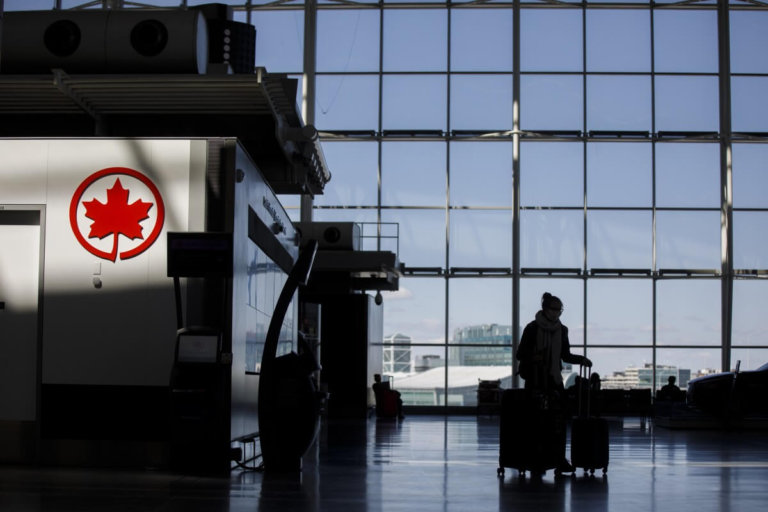
Canada has introduced many travel restrictions and temporary changes to its immigration policy in light of COVID-19. This has affected the study permit and the Post-Graduation Work Permit.
Here’s a summary of what international students should know, as compiled by the Canadian Bureau for International Education, Universities Canada, and Colleges and Institutes Canada, via CIC News.
Potential delays in processing study permit
All foreigners need to obtain a study permit to study in Canada.
Some may apply for a study permit from within Canada, but in some cases, students may be able to apply when arriving in Canada at the port of entry.
While Immigration, Refugees and Citizenship Canada (IRCC) — the government department in charge of immigration matters — will still process study permit applications, there may be processing delays.
Students without a study permit can still start their studies online from abroad but do note that a permit is needed for your studies to contribute to your future PGWP eligibility.
Delays in acceptance
What happens to your university acceptance letter if your university defers your May admission to September?
If you are in Canada at the time of deferral, students must begin their studies within 150 days from the date of deferral, or the following semester, whichever comes first.
If this isn’t possible, you’ll need to change your status, for example, to a visitor status, or leave Canada.
PGWP eligibility with online learning

International students can gain Canadian work experience by applying for a PGWP. Source: Daniel Slim/AFP
A big factor drawing international students to Canada is the opportunity to gain work experience after studying. With a Post-Graduation Work Permit (PGWP), international graduates can work in Canada for a period of up to three years.
With most fall courses shifting online, would that affect their eligibility to apply for the PGWP?
The answer is no. If they have already obtained a study permit or have been approved for one, students may begin their classes while outside Canada and complete up to 50% of their programme.
In this instance, you’re eligible for the PGWP and will not have any time deducted from the length of your future PGWP, up to Dec. 31, 2020.
It’s worth noting that despite starting your course online, you’ll need to be a full-time student to maintain future PGWP eligibility, unless your Designated Learning Institution (DLI) is currently unable to offer full-time study.
If your course has moved online and accounts for more than 50% of your overall study, don’t panic.
If you’re in the country and your course has moved online due to COVID-19, you may still be eligible to apply for the PGWP, even if your online study now accounts for more than 50% of your overall study.
Your eligibility for PGWP or permanent residence will also not be affected if you have accessed CERB as an international student.
Expiring study permits
International students in Canada who have a study permit or work permit that will expire in the coming weeks, and are unable to obtain a new passport or access required documents, should apply online to renew their permit to trigger implied status according to CIC News.
This would enable students to continue studying or working in Canada while your application is being processed.
Those who are unable to access required documents or get their biometrics must attach an explanatory letter detailing the situation. If your application is incomplete, it will not be refused, and you’ll have 90 days to submit your documents.
Liked this? Then you’ll love…
Canadian universities going online in fall 2020: What we know so far
Postgraduate work permit new rules: What international students in Canada should know







